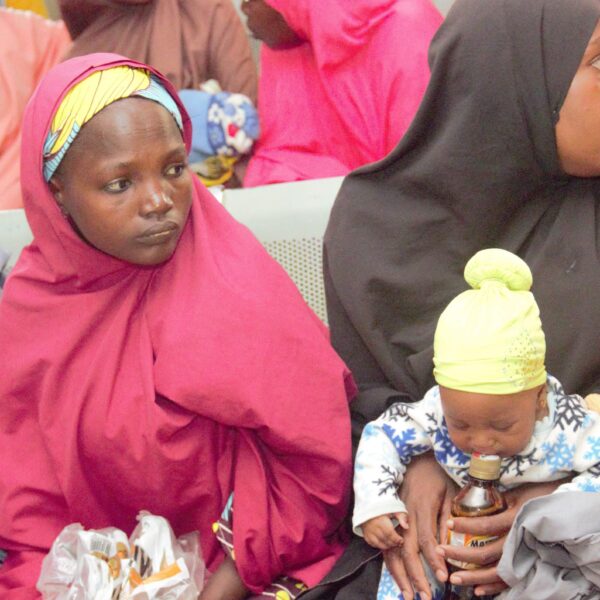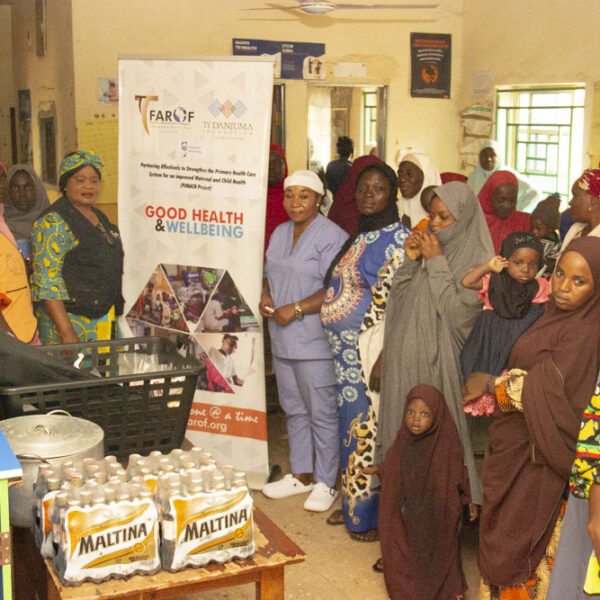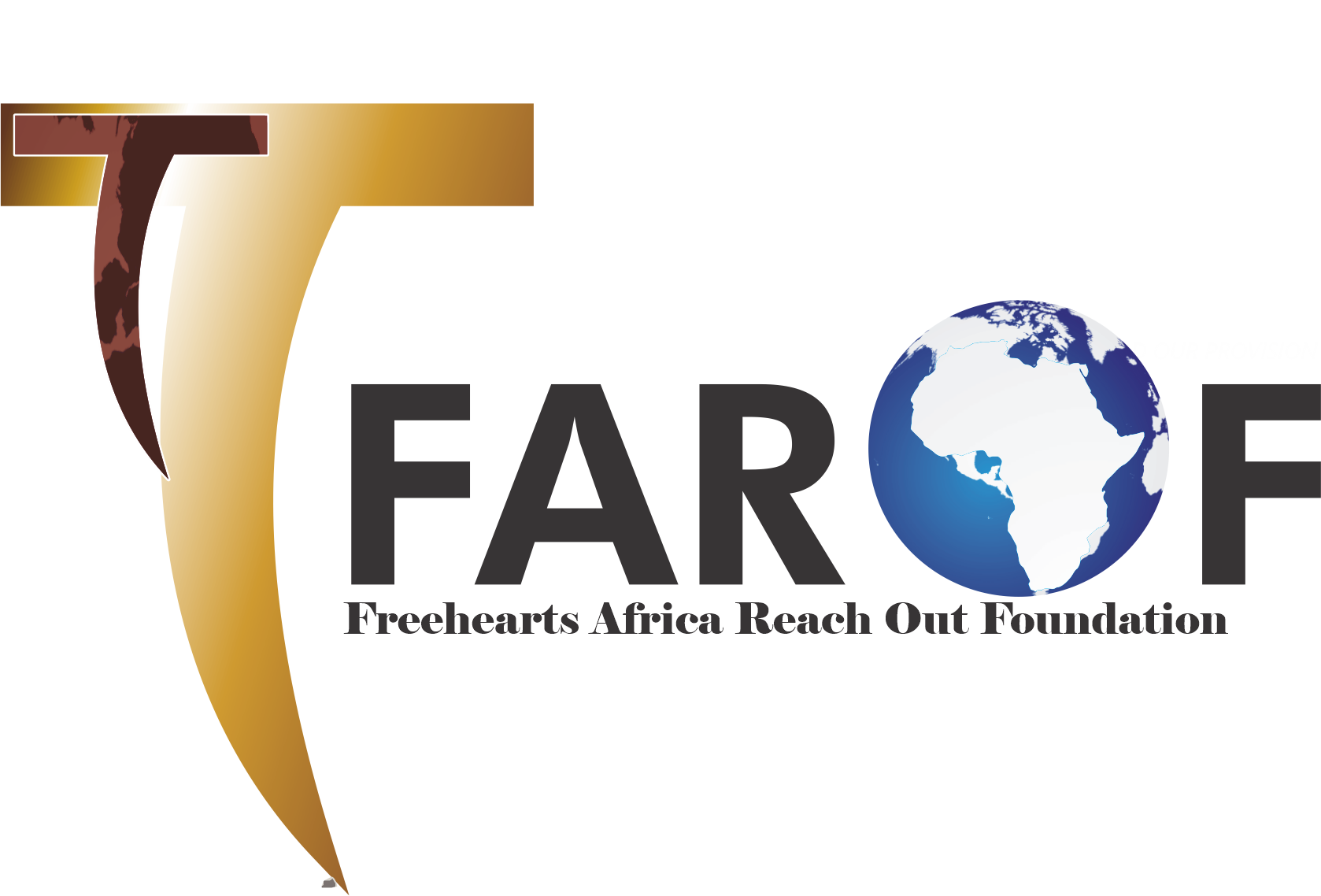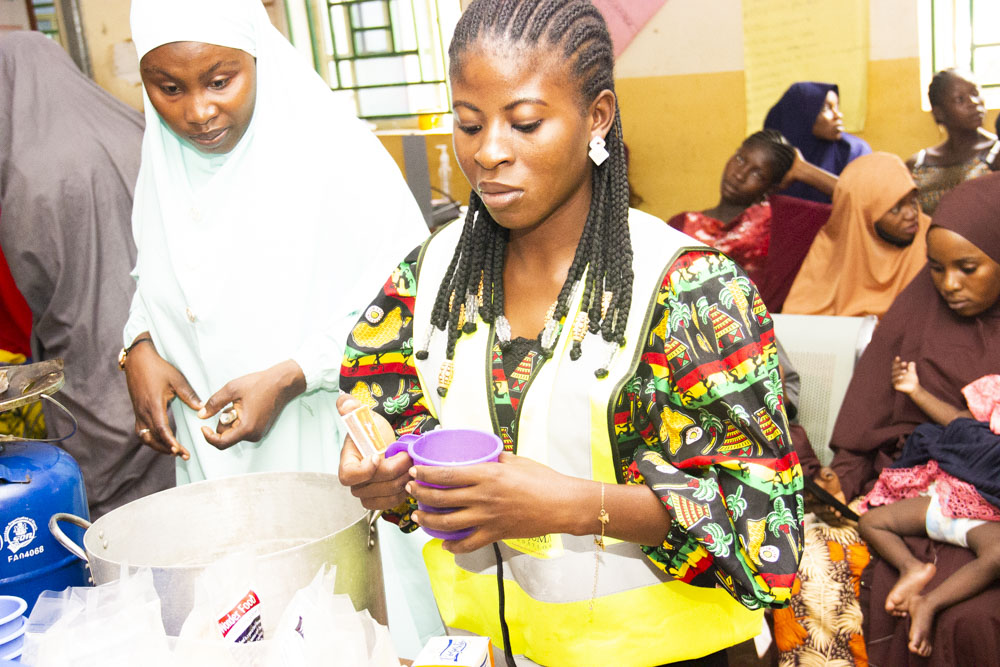Women’s Right To Health
Where are we now?

FAROF & her partners continue to support the reduction of maternal mortality and child morbidity through her health intervention, primarily focused on Maternal and child health programs, ranging from Nutrition, immunization, renovation of PHCs, contraceptive and other SRHR activities
FAROF and her Partners shall be tackling from 2023-2027, the following problem:
Problems encountered by women in accessing care:
- spousal authorization practices
- lack of rights to privacy and confidentiality
- distance to healthcare providers
- cultural practices
- lack of specialists trained in female health
- lack of education/information inhibiting compliance to care
- fear of physical examinations
- lack of funds to pay for treatment
Problems interfering with a healthy lifestyle for women:
- cultural values (lower societal position than men, child marriage, attitudes toward menstruation)
- subject to violence, which results in injuries; sexually transmitted diseases; undesired pregnancies; depression and chronic diseases
- lack of health education
- exposure to harmful conditions in the workplace (menial labor)
- exposure to unsafe cooking fuels
It is necessary to create conditions which ensure access to medical care for women. The facts show us that emphasis needs to be on women’s human rights, gender-sensitive infrastructure and education. Promotion of reproductive health and women’s rights, including issues such as female circumcision, AIDS, self-care and autonomy are vital. Countries employing laws prohibiting services for contraception, sexually transmitted infections, voluntary sterilization and abortion have high rates of maternal morbidity and mortality, and are associated with a wide gap between rich and poor. In order to change this, principles must be developed to advance and protect women’s health. In many countries, health legislation is still needed for women’s occupational health and reproductive health care. Good reproductive health care strategies which include education, contraception and services are necessary, and women must raise voices and join together to champion women’s right to health.

Some of the MNCH interventions that are currently being applied to address MNCH at community level are:
- Advocacy in order to advance gender equality and women’s rights
- Training of front line health workers
- HIV/AIDs
- Immunization
- Nutrition
- Renovation of Labour rooms at PHC level
- Creation of access of women to ANC and child birth at facility level through the provision of Emergency Transport System (Ambulances )


